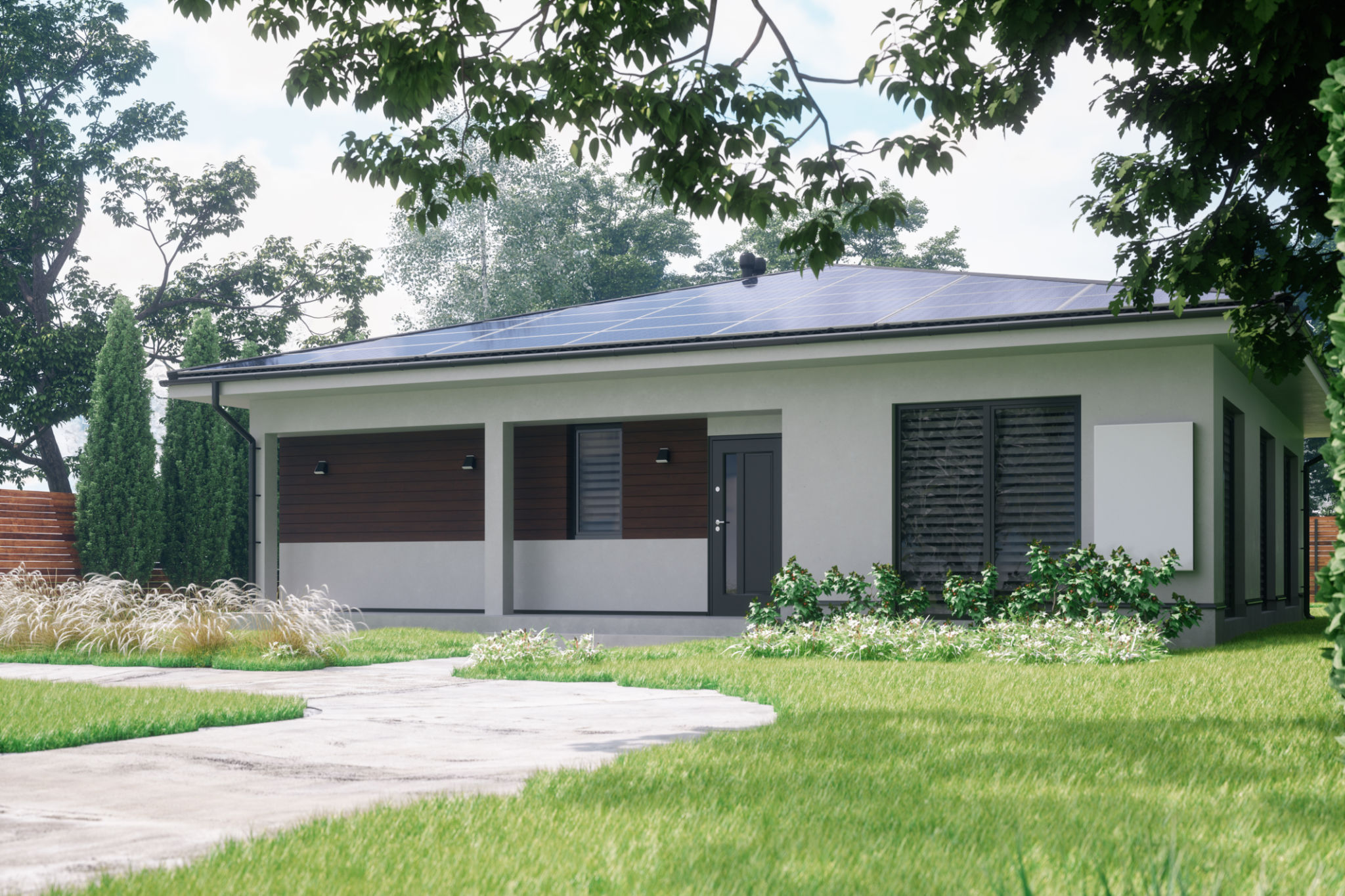Top 5 Energy-Efficient HVAC Systems for a Sustainable Home
RA
The Importance of Energy-Efficient HVAC Systems
As homeowners become increasingly aware of their environmental impact, the demand for energy-efficient HVAC systems has grown. Not only do these systems reduce carbon footprints, but they also offer significant cost savings on energy bills. With technological advancements, modern HVAC systems are more efficient than ever before, making them an essential component of any sustainable home.
Choosing the right system can be daunting, given the myriad options available. To help you make an informed decision, we've compiled a list of the top five energy-efficient HVAC systems that can enhance your home's sustainability and comfort.

1. Geothermal Heat Pumps
Harnessing Earth's Natural Heat
Geothermal heat pumps are among the most efficient HVAC systems available today. They function by utilizing the earth's consistent underground temperatures to heat and cool your home. This method is not only environmentally friendly but also incredibly cost-effective over time.
Despite the higher initial installation cost, geothermal systems can reduce energy bills by up to 70%. They are also known for their longevity, often lasting more than 25 years for indoor components and over 50 years for ground loops.
2. Ductless Mini-Split Systems
Flexibility and Efficiency Combined
Ductless mini-split systems are an excellent choice for those looking to customize the climate in different areas of their home. These systems consist of an outdoor unit connected to one or more indoor units, allowing for targeted heating and cooling without the need for ductwork.

This flexibility translates to significant energy savings, as you can avoid heating or cooling unoccupied rooms. Additionally, ductless mini-splits typically have higher SEER (Seasonal Energy Efficiency Ratio) ratings, indicating superior efficiency compared to traditional systems.
3. Variable Refrigerant Flow (VRF) Systems
Precision in Climate Control
Variable Refrigerant Flow (VRF) systems offer advanced climate control by adjusting the amount of refrigerant sent to each indoor unit based on individual room requirements. This precision ensures optimal comfort while minimizing energy waste.
VRF systems are particularly effective in larger homes or buildings with diverse heating and cooling needs. Their ability to simultaneously heat and cool different areas makes them a versatile and efficient choice for sustainable living.

4. Smart Thermostats
Intelligent Energy Management
While not an HVAC system per se, smart thermostats play a pivotal role in enhancing the efficiency of existing systems. By learning your schedule and preferences, these devices automatically adjust temperatures for maximum comfort and energy savings.
Smart thermostats also offer remote access through smartphone apps, allowing homeowners to control their HVAC systems from anywhere. This convenience ensures that energy is not wasted when the home is unoccupied, further contributing to sustainability.
5. High-Efficiency Air Conditioners and Furnaces
Maximizing Performance with Minimal Energy
Investing in high-efficiency air conditioners and furnaces is another effective way to reduce your home's energy consumption. Look for units with high SEER ratings for air conditioners and AFUE (Annual Fuel Utilization Efficiency) ratings for furnaces, as these indicate better performance with less energy use.

These systems often include features like variable-speed motors and advanced filtration technologies, which not only enhance comfort but also improve indoor air quality. By opting for high-efficiency models, you can enjoy a comfortable home environment while contributing to a more sustainable future.
By selecting one of these top energy-efficient HVAC systems, you can significantly reduce your home's environmental impact while saving money on energy bills. Whether you're building a new home or upgrading your current system, these options provide excellent opportunities for creating a sustainable living space.
